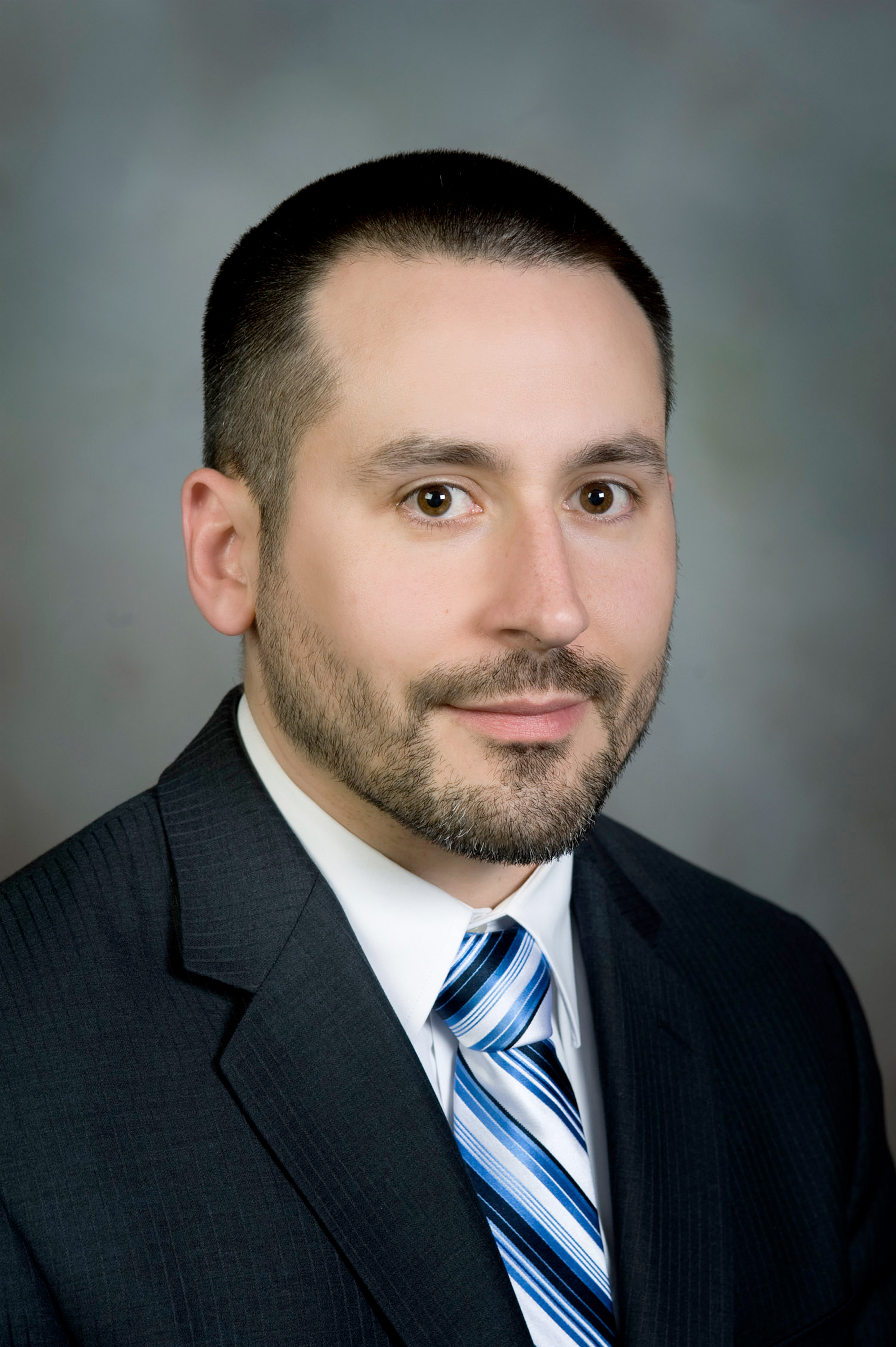Virginia Tech to establish an Industry/University Cooperative Research Center in cybersecurity

Virginia Tech, in cooperation with L-3 Communications, Northrop Grumman, General Dynamics Advanced Information Systems, and Verisign Labs, has received a five-year continuing grant to establish a National Science Foundation (NSF) Industry/University Cooperative Research Center (I/UCRC) site for cybersecurity.
Initial topics of research for the center include secure computing architectures, cloud computing security, visualization tools for cyber defense, securing critical infrastructure, wireless security, and malware detection and mitigation.
This new cybersecurity site joins the Security and Software Engineering Research Center (S2ERC), which is led by Ball State University and includes a primary site at Iowa State University and now Virginia Tech. The NSF established S2ERC 25 years ago as the only I/UCRC dedicated to software engineering and recently rechartered the center with an added focus on security.
Currently NSF sponsors 50 I/UCRCs to help connect industry with academic research at a precompetitive stage. The collaborations develop industrially relevant fundamental research and results are transferred directly -- helping to speed technology transfer to commercial products and services.
The Virginia Tech cybersecurity site focuses on an issue that has become a critical priority for both government and industry. "Since the high-profile cyber attacks in 2007 associated with national-state armed conflict, the fields of cyber security and cyber warfare have grown exponentially," said Charles Clancy, associate professor of electrical and computer engineering at Virginia Tech and director of The Ted and Karyn Hume Center for National Security and Technology. Clancy, who is based at the the Virginia Tech Research Center – Arlington in the National Capital Region, is leading the new cybersecurity site.
"A number of high-profile incidents have caused both the U.S. federal government and private industry to reprioritize computer and network security," he said. "This has resulted in a major need for research and education in the field."
"We welcome the Virginia Tech team and our new industry partners," said Wayne Zage, professor of computer science at Ball State and director of S2ERC. "By joining S2ERC, Virginia Tech will be able to work with industry on cybersecurity challenges, and build a pipeline of well-qualified graduates to address the significant human capital needs of the cybersecurity sector."
Under the I/UCRC structure, the industry partners help direct the focus of the research and develop a portfolio of commercially feasible technology and students who are well prepared for jobs in the cybersecurity industry.
The initial projects to be supported under the center will be led by six faculty members from the College of Engineering. Michael Hsiao, professor of electrical and computer engineering, will be exploring secure hardware architectures. Wenjing Lou, associate professor of computer science, will be researching cloud security. Joseph Tront, professor of electrical and computer engineering, will be working on visualization for cyber defense. Sandeep Shukla, associate professor of electrical and computer engineering, will focus on smartgrid security. Jung-Min Park, associate professor of electrical and computer engineering, will investigate spectrum security. Danfeng Yao, assistant professor of computer science, will research malware protection.
This center marks another major step for Virginia Tech's cybersecurity research programs, which involve more than 20 faculty members from across the university. In collaboration with the Naval Postgraduate School and L-3 Communications, Virginia Tech recently launched the Arlington-based Cybersecurity Innovations Lab, which represents a unique collaboration between academia, industry, and government.
The Hume Center, administered jointly by Virginia Tech's Institute for Critical Technology and Applied Science and the College of Engineering, heads the university's educational and research programs in national security, and has taken a leading role in the university's growth in cybersecurity.
This story was provided by Eileen Baumann.




